Preliminary Exploration of Geological Storage Potential of Carbon Dioxide in Hunan Province under the Background of Carbon Neutrality
DOI: 10.23977/erej.2024.080101 | Downloads: 32 | Views: 1676
Author(s)
Dan Wang 1,2, Hangting Du 3, Weijian Zhou 1,2, Liu Yang 1,2
Affiliation(s)
1 Hunan Vocational College of Engineering, Changsha, Hunan, 410151, China
2 Hunan Mine Carbon Sequestration and Sink Enhancement Engineering Technology Research Center, Changsha, Hunan, 410151, China
3 Dadi Mining Development (Guangdong) Co., Ltd., Qingyuan, Guangdong, 511500, China
Corresponding Author
Weijian ZhouABSTRACT
As the largest greenhouse gas emitted, CO2 contributes the most to global warming. The establishment and implementation of the target of carbon neutrality is not only beneficial to protecting the environment, but also beneficial to national security and sustainable development strategy. Hunan as a large industrial province in central China, carbon emissions remain high. The results show that the deep unminable coal seam and the deep salt water layer in Hunan Province have certain potential for CO2 sequestration. In the future, the investigation, site selection, sealing stock calculation and sequestration technology can be carried out.
KEYWORDS
Carbon neutrality, CCS, Hunan ProvinceCITE THIS PAPER
Dan Wang, Hangting Du, Weijian Zhou, Liu Yang, Preliminary Exploration of Geological Storage Potential of Carbon Dioxide in Hunan Province under the Background of Carbon Neutrality. Environment, Resource and Ecology Journal (2024) Vol. 8: 1-5. DOI: http://dx.doi.org/10.23977/erej.2024.080101.
REFERENCES
[1] IPCC. Climate change 2001 the third assessment report of the intergovernmental panel on climate change[R].Cambridge: Cambridge University, 2001.
[2] Xie Heping, Liu Hong, Wu Gang. China's future carbon dioxide emission reduction technology should be developed in the direction of CCU [J]. China Energy, 2012, (10): 15-18.
[3] Yang Xiaoliang, Kou Yue, Xi Wenyi, et al. Zero carbon road: The '14th Five-Year Plan' opens a new chapter in China's green development [R/OL].World Resources Institute, 2020-12-31.
[4] Oberle B. Carbon relations, the role in Plant Diversification of [M].Kliman RM. Encyclopedia of Evolutionary Biology. Pittsburgh: Academic Press, 2016:260-266.
[5] Li Cai, Guo Chaobin, Li Xia, et al. Analysis of the path of geological survey to help achieve the goal of carbon neutralization [J].China Geological Survey, 2021,8 (4) : 12.
[6] Liu Yongsheng, Chen Chunfei, He Detao, et al. Deep carbon cycle in subduction zone [J]. Chinese Science : Earth Science, 2019,49 (12): 22.
[7] M., Kelemen, P., Hirth, G., et al. Diapirs as the source of the sediment signature in arc lavas[J]. Nature Geoscience, 2011, 4(9):641-646.
[8] Huybers P, Langmuir C. Feedback between deglaciation, volcanism, and atmospheric CO2[J]. Earth and Planetary Science Letters, 2009, 286(3-4):479-491.
[9] FAO.Carbon Sequestration Options Under the Clean Development Mechanism to Address Land Degradation [Z]. World Soil Re-sources Reports 92.FAO and IFAD, Rome,2000.
[10] Zhang Weidong, Zhang Dong, Tian Kezhong. Status and Future of Carbon Capture and Storage Technology [J].Chinese and Foreign Energy, 2009, 14 ( 11 ) : 7-14.
[11] White C M , Smith D H , Jones K L , et al. Sequestration of Carbon Dioxide in Coal with Enhanced Coalbed Methane Recovery-A Review[J]. Energy & fuels, 2005, 19(3):659-724.
[12] Sun Tengmin, Liu Shiqi, Wang Tao. Research progress on potential evaluation of carbon dioxide geological storage in China [J].Coal science and technology, 2021,49 ( 11 ) : 11.
[13] Ye Bin, Ye Weimin. Research status and prospect of co2 sequestration in deep saline aquifer[J].Science & Technology Information, 2012(36):5.
[14] Wang Jianxiu, Wu Yuanbin, Yu Haipeng. Research progress of carbon dioxide storage technology [ J ].Journal of Underground Space and Engineering, 2013,9 ( 01 ) : 81-90.
[15] Yang Shunshun. Analysis of total carbon emission accounting and carbon source structure in Hunan Province [J].Cooperative Economy and Technology, 2022, No.681 (10) : 4-6.
[16] Zhao Zhenyu, Yao Shun, Yang Shuopeng et al. ‘Double carbon’ target : the development status, existing problems and suggestions of CCUS in China [ J ].Environmental science, 2023,44 ( 02 ) : 1128-1138.
[17] Zhang Linting. Accumulation conditions and exploration direction of oil andgas in middle and western Hunan[J].Resource Information and Engineering,2015, 30(1): 8-8.
[18] LiYilian, Fang Qi, KeYibing, et al. Effect of High Salinity on CO2 Geological Storage:A Case Study of Qianjiang Depression in Jianghan Basin[J]. Earth Science, 2012, (2):283-288
[19] Li xiaochun, Liu Yanfeng, Bai Bing, et al. Ranking and screening of co2 saline aquifer storage zones in China[J].Chinese Journal of Rock Mechanics and Engineering, 2006, 25(5):963-963
[20] Li Qi, Wei Yani, Liu Guizhen. Assessment of CO2 Storage Capacity and Saline Water Developmentin Sedimentary Basins of China[J].South-to-North Water Transfers and Water Science & Technology, 2013, 11(4):93-96
[21] Liu Yanfeng, Li Xiaochun, Bai Bing. Preliminary estimation of Co2 storage capacity of coalbeds in China[J]. Chinese Journal of Rock Mechanics and Engineering, 2005, 24(16):6.
[22] Li X, Wei N, Liu Y, et al. CO2 point emission and geological storage capacity in China[J]. IOP Conference Series Earth and Environmental Science, 2009, 6(17):172026.
[23] Zheng Yuanchang, Zhang Hui, Jia Xiaofeng, et al. Evaluation of CO2 geological storage potential in CBM-bearing basins in China [ J ].Coal Engineering, 2016, 48 ( 8 ) : 4.
| Downloads: | 6155 |
|---|---|
| Visits: | 496850 |
Sponsors, Associates, and Links
-
International Journal of Geological Resources and Geological Engineering
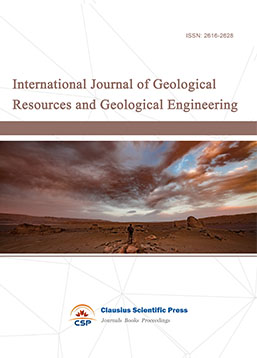
-
Big Geospatial Data and Data Science
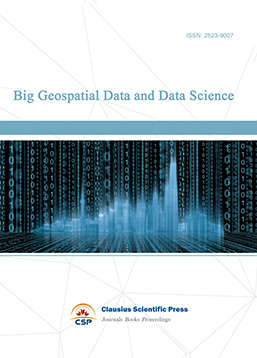
-
Solid Earth and Space Physics
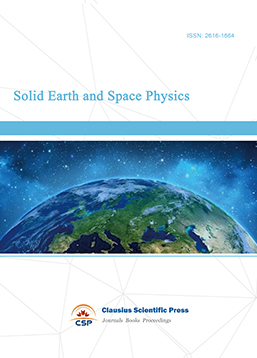
-
Environment and Climate Protection
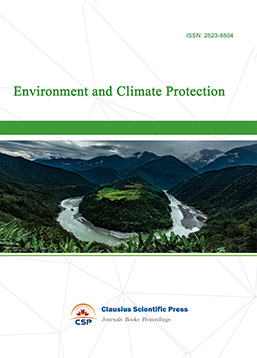
-
Journal of Cartography and Geographic Information Systems
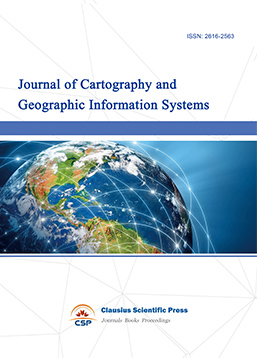
-
Offshore and Polar Engineering
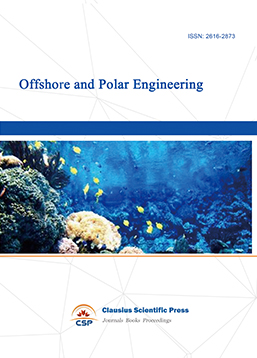
-
Physical and Human Geography
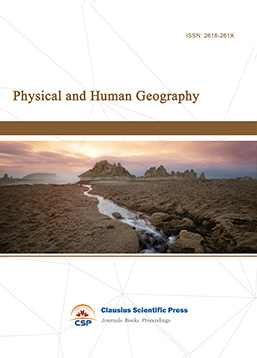
-
Journal of Atmospheric Physics and Atmospheric Environment
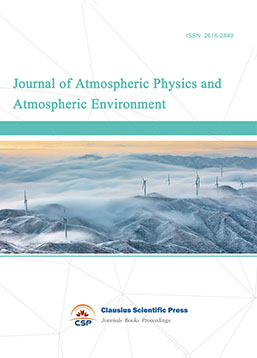
-
Trends in Meteorology
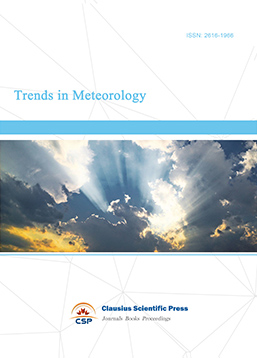
-
Journal of Coastal Engineering Research
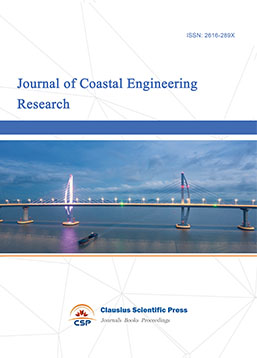
-
Focus on Plant Protection
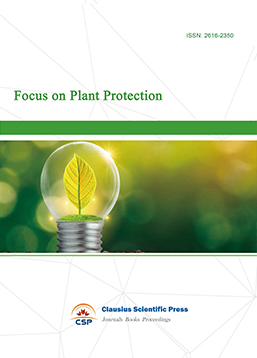
-
Toxicology and Health of Environment
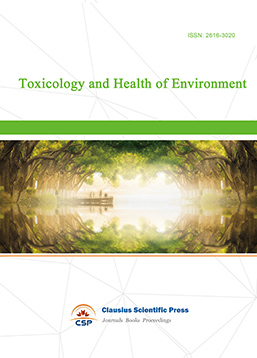
-
Geoscience and Remote Sensing
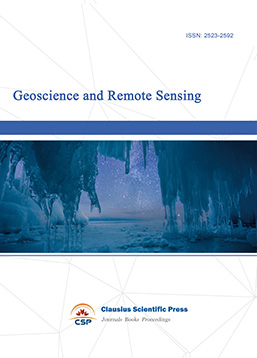
-
Advances in Physical Oceanography
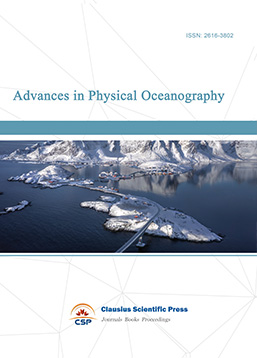
-
Biology, Chemistry, and Geology in Marine
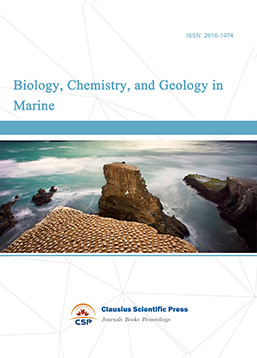
-
Water-Soil, Biological Environment and Energy
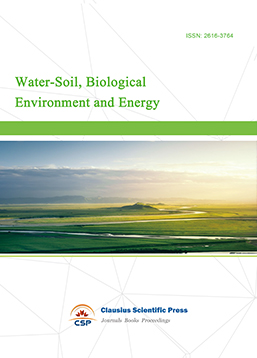
-
Geodesy and Geophysics
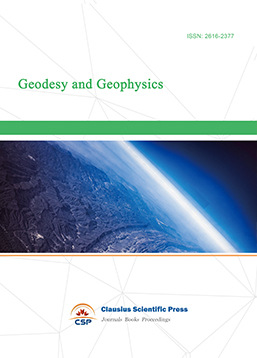
-
Journal of Structural and Quaternary Geology
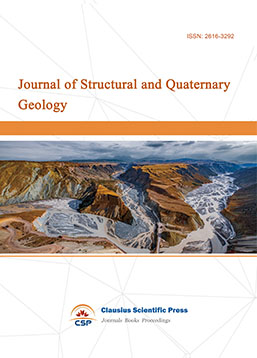
-
Journal of Sedimentary Geology
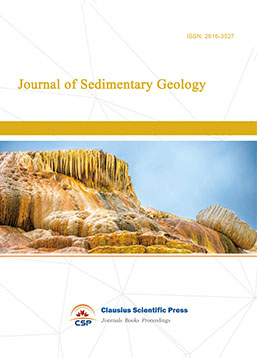
-
International Journal of Polar Social Research and Review
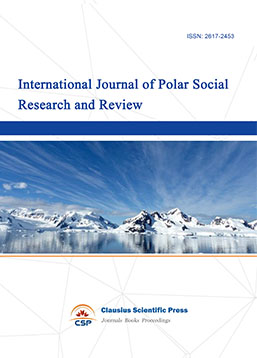

 Download as PDF
Download as PDF